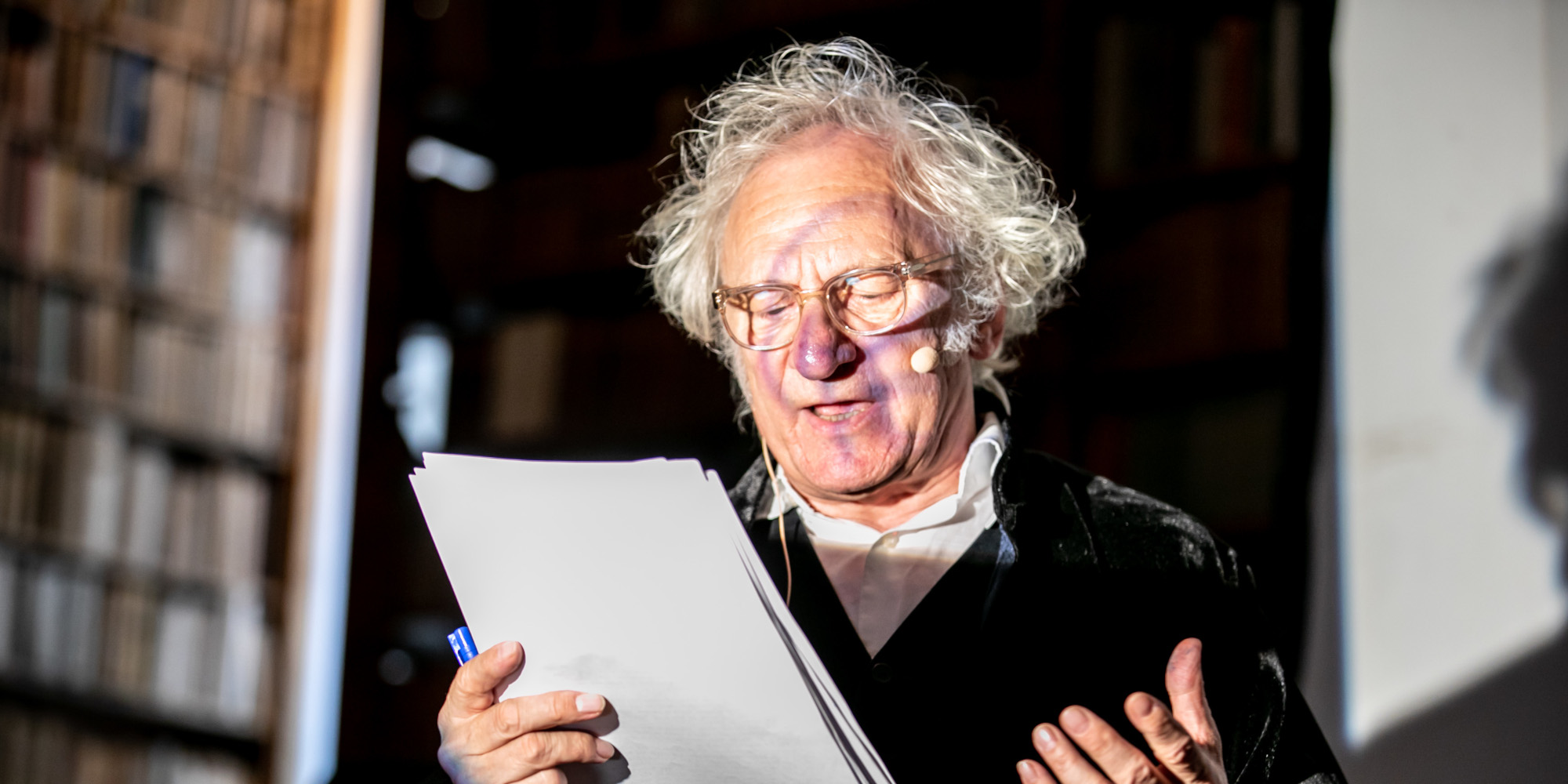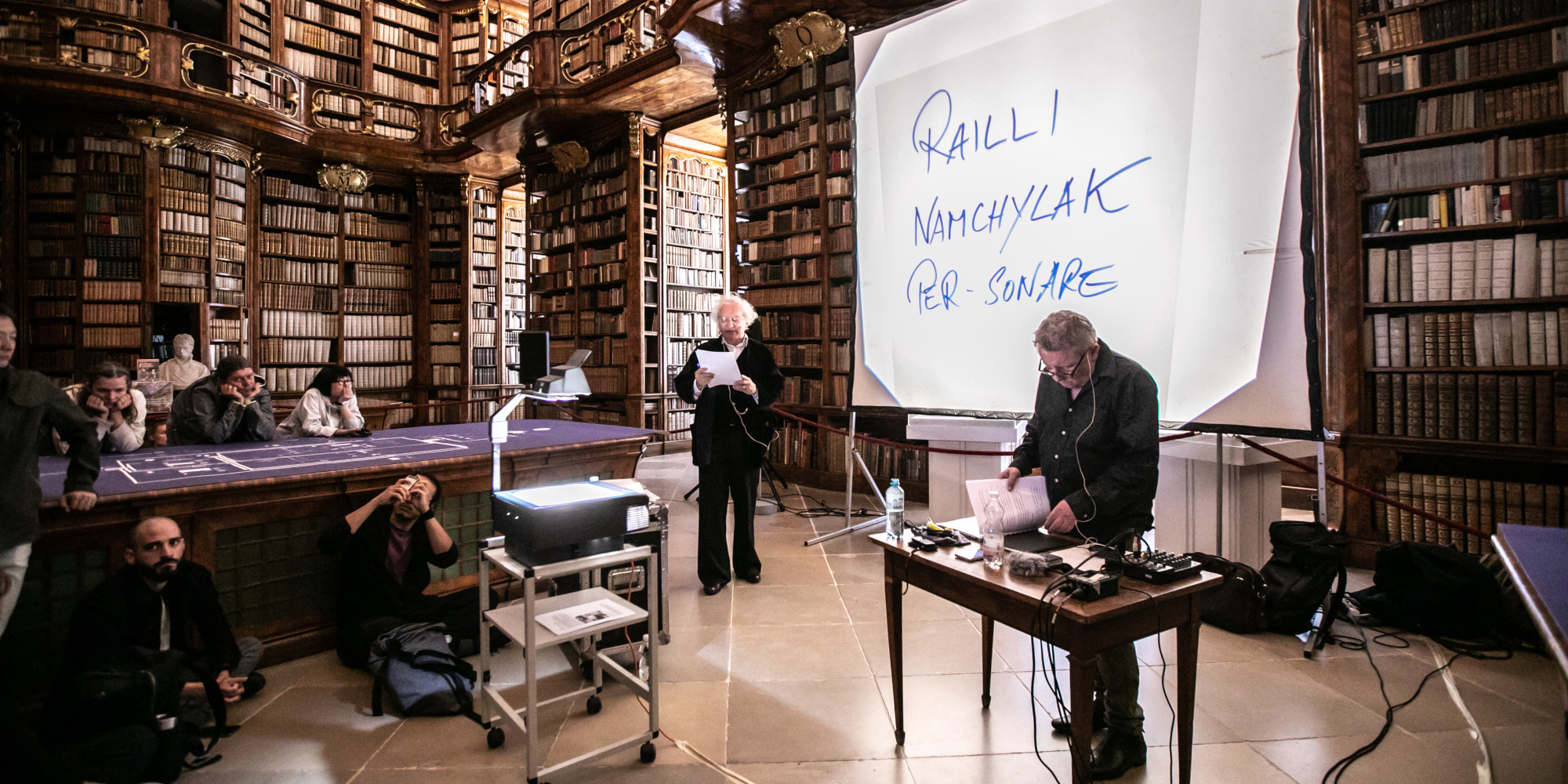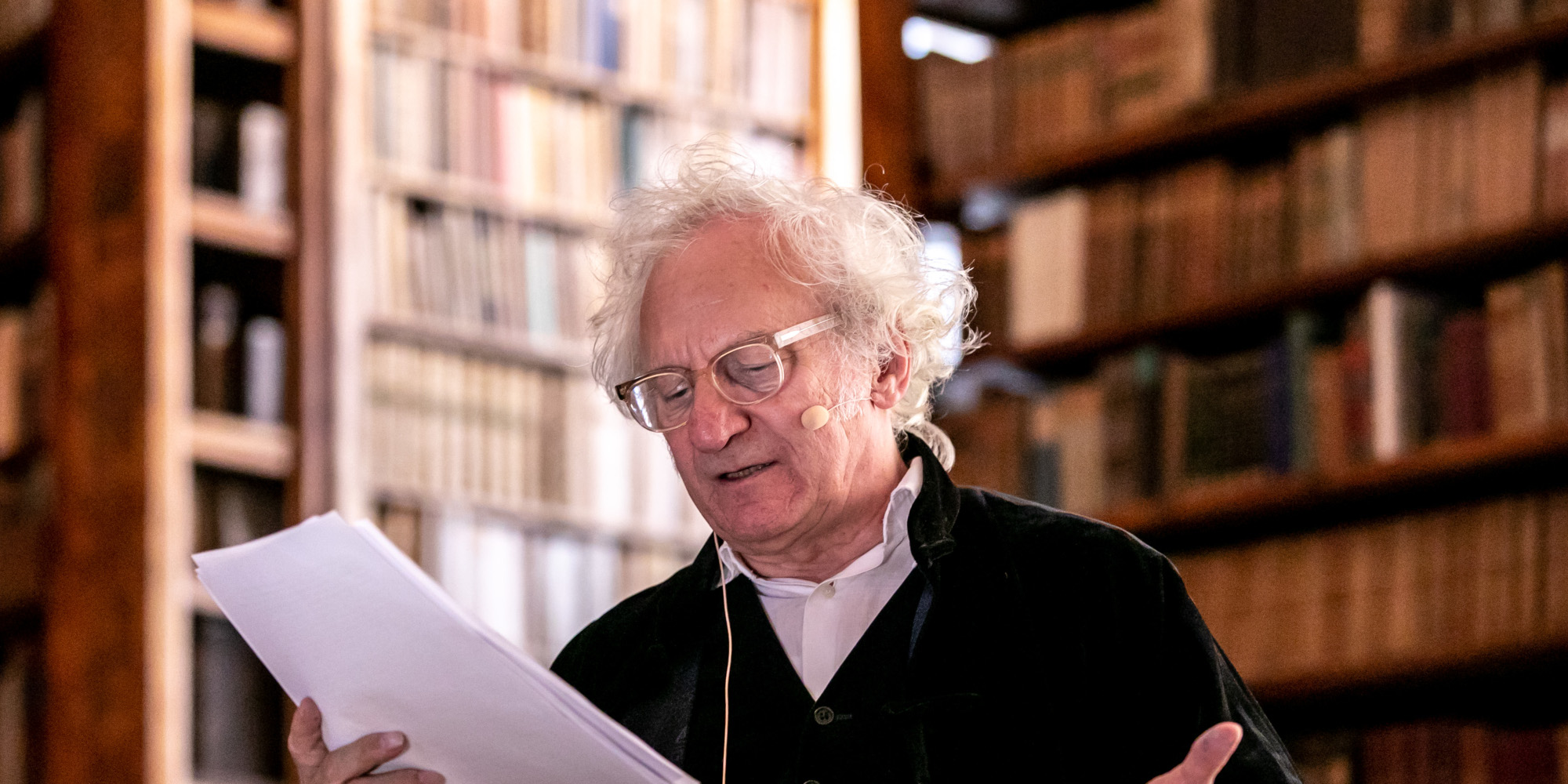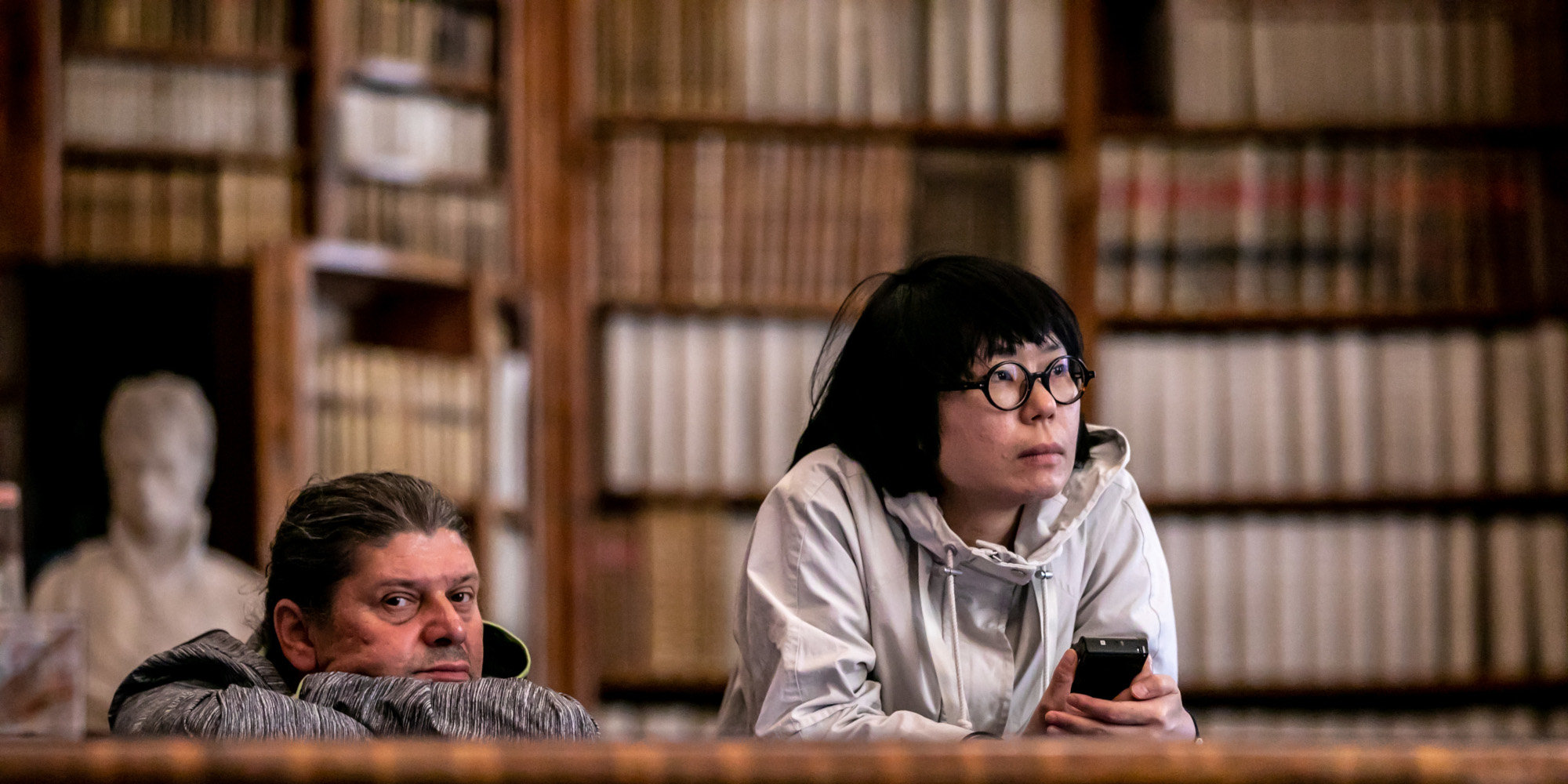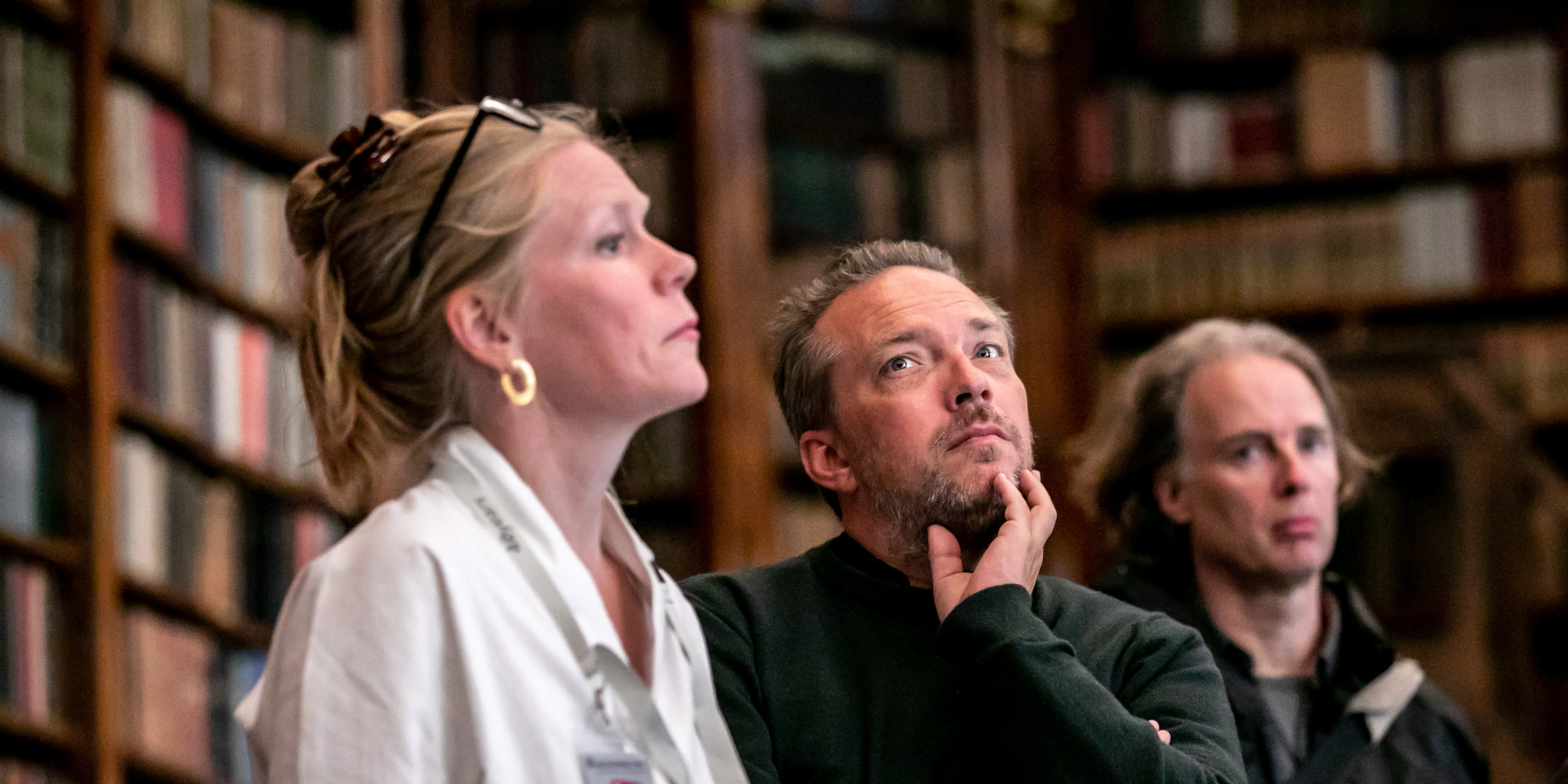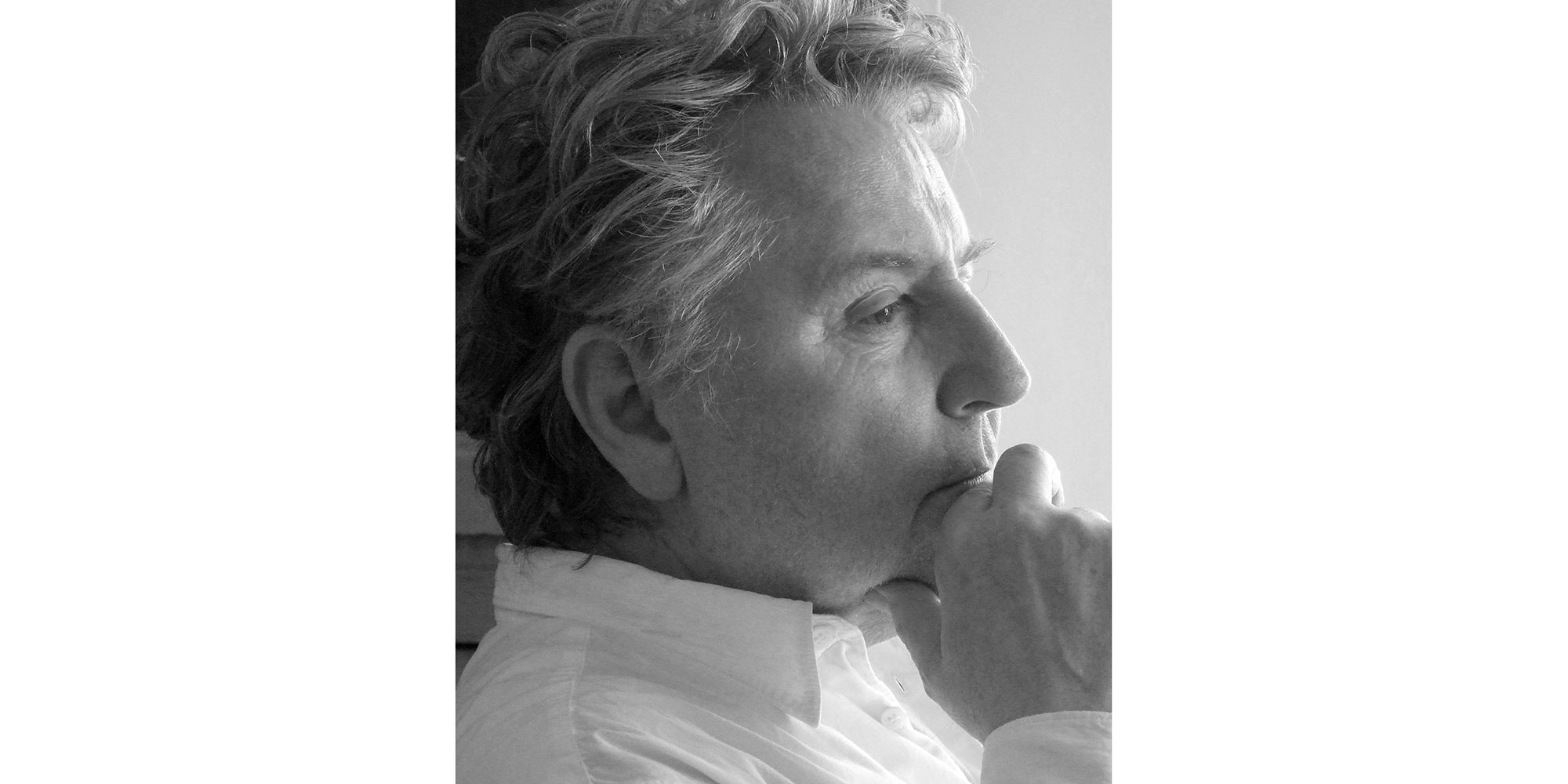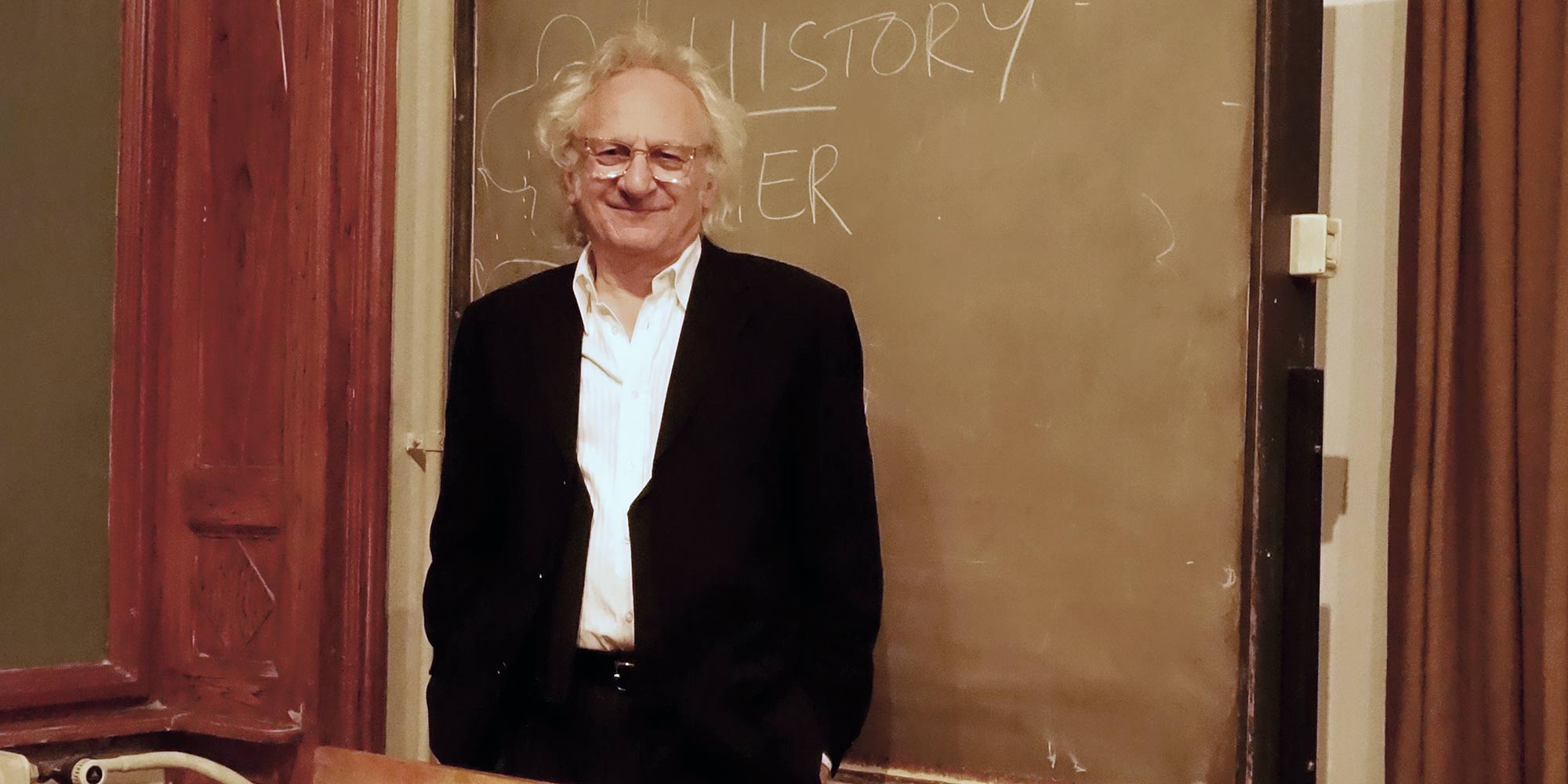3 Stations in a Deep Time Travel through the Sonic World: an Expanded Lecture
Die Welt der Musik, des Klangs lässt sich als nie endende Spannung zwischen den Polen Kalkulation & Sensation darstellen. Mathematik & Präzision bestimmen das, was wir hören können, genauso wie zügellose Phantasie & Imagination es bereichern. In drei verschiedenen Räumen des Stifts St. Florian, denen jeweils ein Thema gewidmet ist, entfalten Moore & Zielinski diese Welt – in kurzen Texten, experimentellen Klängen und Dialogen. Ihre Expanded Lecture ist die Einladung zur Reise in einer Zeitmaschine, eine Bewegung durch die Tiefen des Akustischen und des Hörens. Der Medienarchäologe und der Musiker wie Klangforscher erzählen von chinesischen Kochtöpfen als archaischen Instrumenten, von Pythagoras, Francis Bacon’s Atlantis und Athanasius Kirchers Kompositions-Apparaten aus der Frühen Neuzeit ebenso, wie von Varianten einer Kunst des Kombinierens, wie sie von dem katalanischen Mönch Ramon Llull initiiert worden ist und Komponisten wie John Cage oder Arnold Schönberg zutiefst beeinflusst hat.
| 14:30 | Starting point: Adlerbrunnen im Stiftshof |
| 14:45 | Bibliothek |
| 15:30 | Basilika |
| 16:10 | Novizengarten |
Biografien:
Anthony Moore (UK/FR) b. 1948, musician; 1969 Newcastle school of art; studied Indian classical music with Viram Jasani; composed his first movie soundtrack for David Larcher’s “Mare’s Tale.” As well as acoustic instruments, it involved extensive manipulation of magnetic tape (time/pitch shifts, layering, splicing, loops, feedback). He moved to Hamburg, Germany in 1970 where he continued experimenting with sound and structure, working closely with many independent film makers.
In 1971/72 Polygram released three albums, “Pieces from the Cloudland Ballroom,” “Secrets of the Blue Bag” and “Reed, Whistle & Sticks,” for voices, strings, woodwind and percussion, produced by Uwe Nettelbeck. In 1972 he formed the group Slapp Happy with Dagmar Krause and Peter Blegvad. He has recorded numerous songs, instrumental pieces and film compositions; co-writer with Pink Floyd during the recording of three of their albums working on concepts, sounds and lyrics; composer of the television opera “Camera,” a work commissioned by Channel 4. He has created sound installations combining field recordings, electronic sound and multi-channel playback in the context of radio, galleries and exhibitions.
Professor (1996-2015) for Musik (Music), Klang (Sound), Geräusch (Noise) and founder of the Music Department at the Academy of Arts Cologne in the department of Art and Media Sciences working on the theory and history of sound; he was elected Rector of the Academy in Cologne from 2000 to 2004. Initiator and art director of sound events, “per→SON” and “Nocturnes Cologne” until 2015. He continues to write, record, perform and make sound installations.
Siegfried Zielinski (DE) is Michel Foucault Professor of Media Archaeology and Techno-Culture at the European Graduate School in Saas-Fee (CH), honorary doctor and professor of the Budapest University of Arts; until 2016 he was chair of media theory/archaeology & variantology of media at Berlin University of the Arts, and director of the Vilém Flusser Archive. He was founding rector (1994–2000) of the Academy of Media Arts Cologne and rector of the Karlsruhe University of Arts & Design.
Zielinski has published numerous books and essays, mainly focusing on the archaeology and variantology of the arts and media. Most recently he published Variations on Media Thinking (University of Minnesota Press, 2019) and edited Potential Spaces (with Daniel Irrgang). In close collaboration with Peter Weibel, he is also a curator of large format exhibitions at the ZKM Karlsruhe, such as Without Ground – Vilém Flusser and the Arts, Allah’s Automata (both 2015), Art in Movement – 100 Master Pieces of Art with and through Media (2018, also shown in Beijing and Bogota in 2020) and Dia_Logos – Ramon Llull and the Ars Combinatoria (with Amador Vega).
Zielinski is an elected member of the Berlin Academy of Arts and the Nordrhein-Westfalen Academy of Sciences and Arts. Currently he is developing a project for the Westbund Art Centre in Shanghai on non-trivial relations between arts & sciences.
